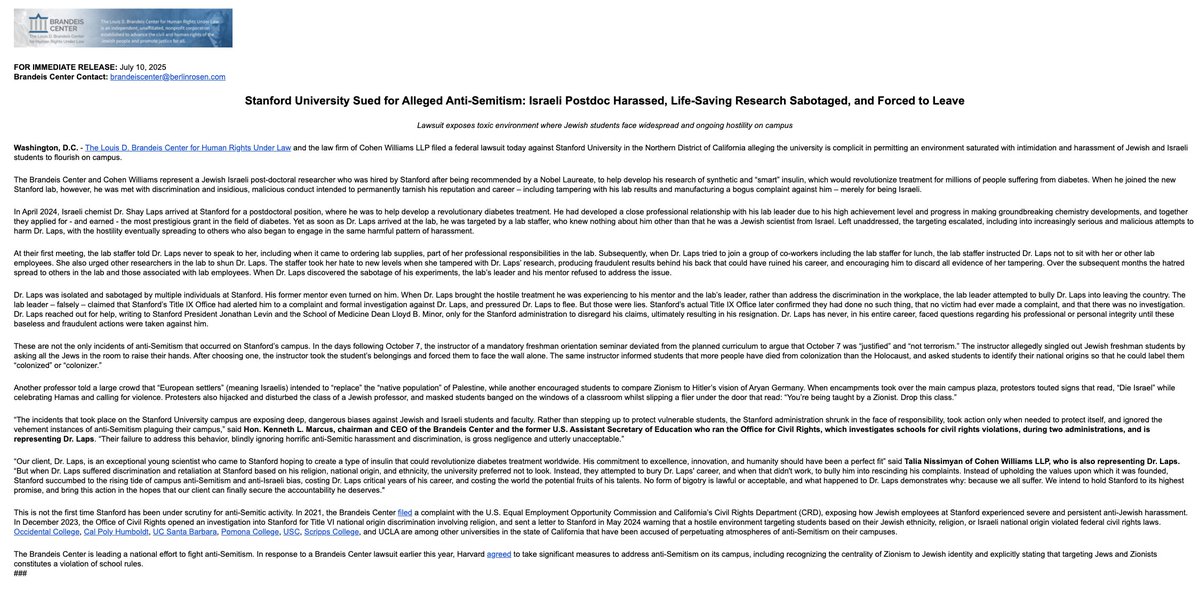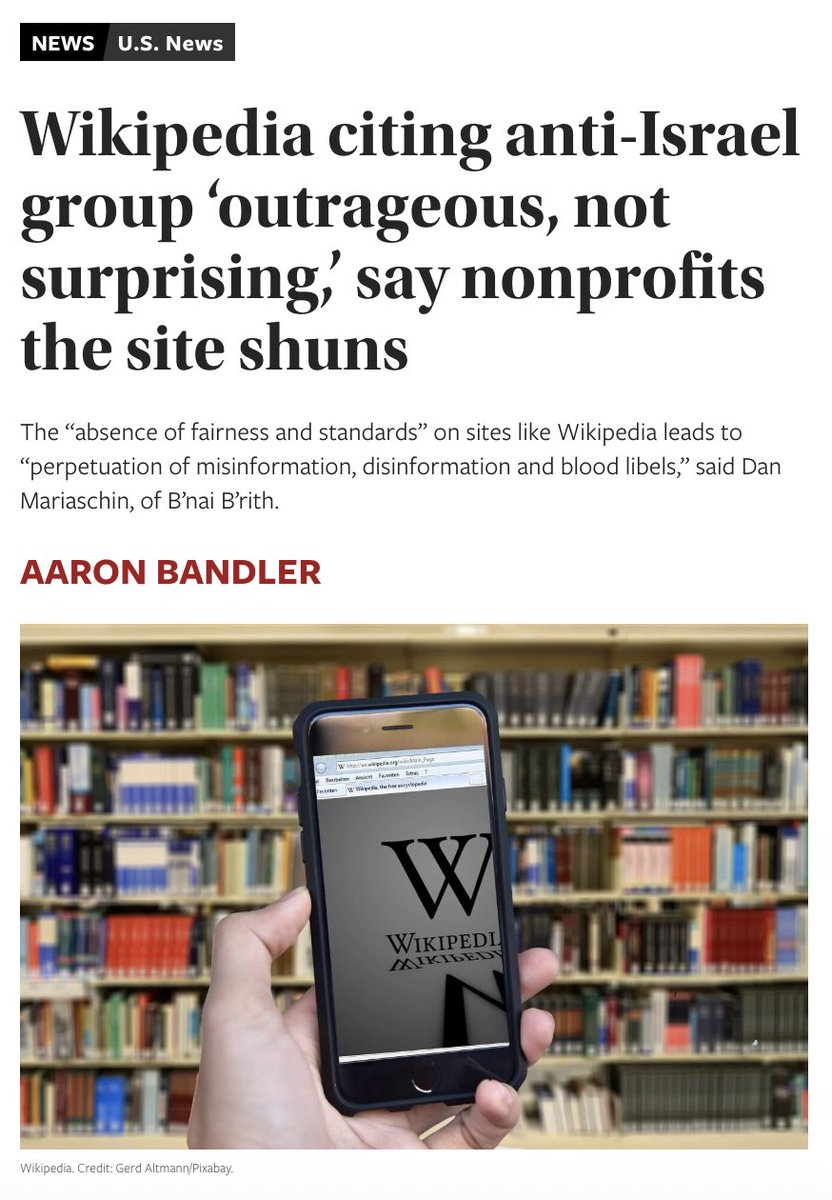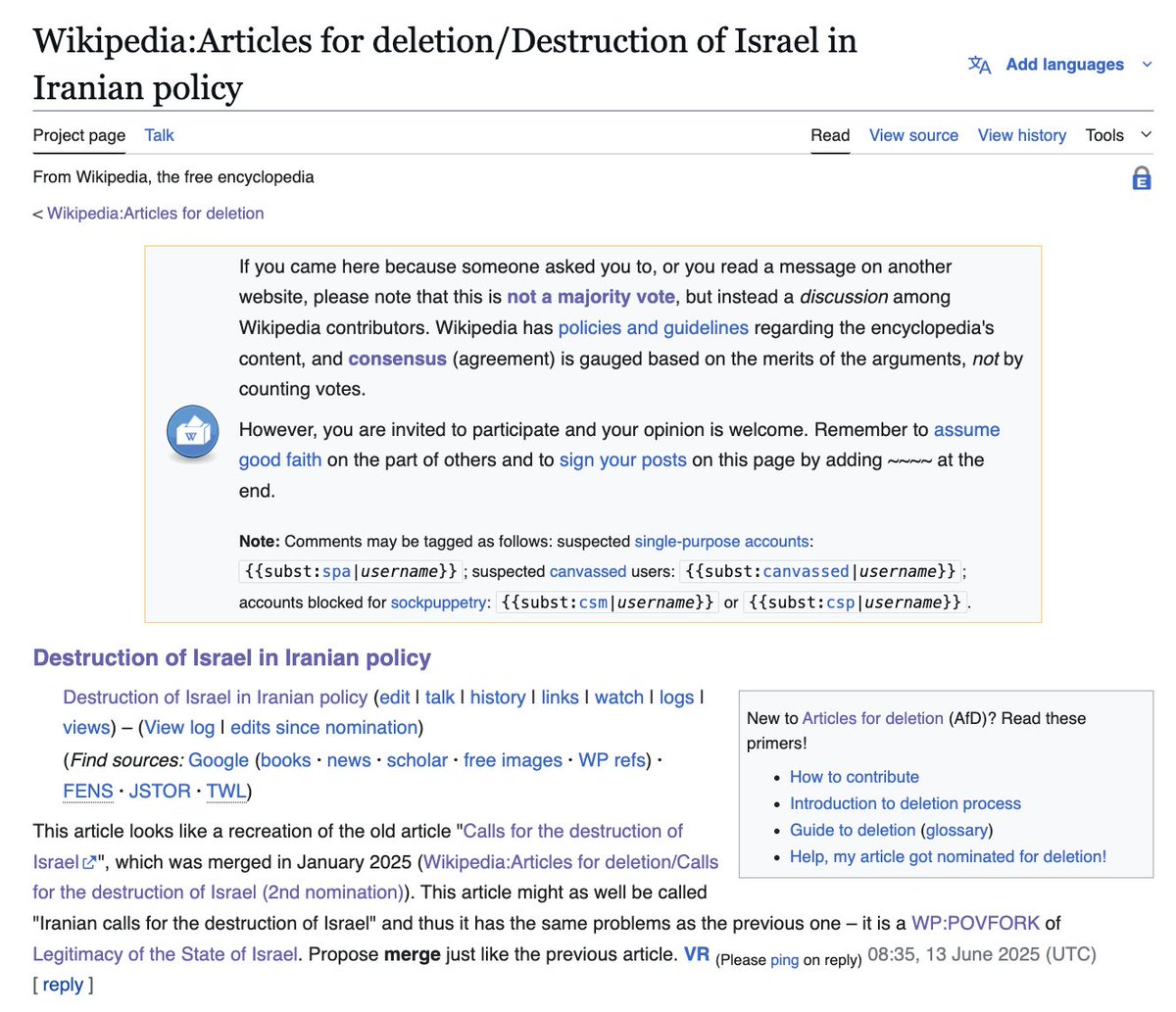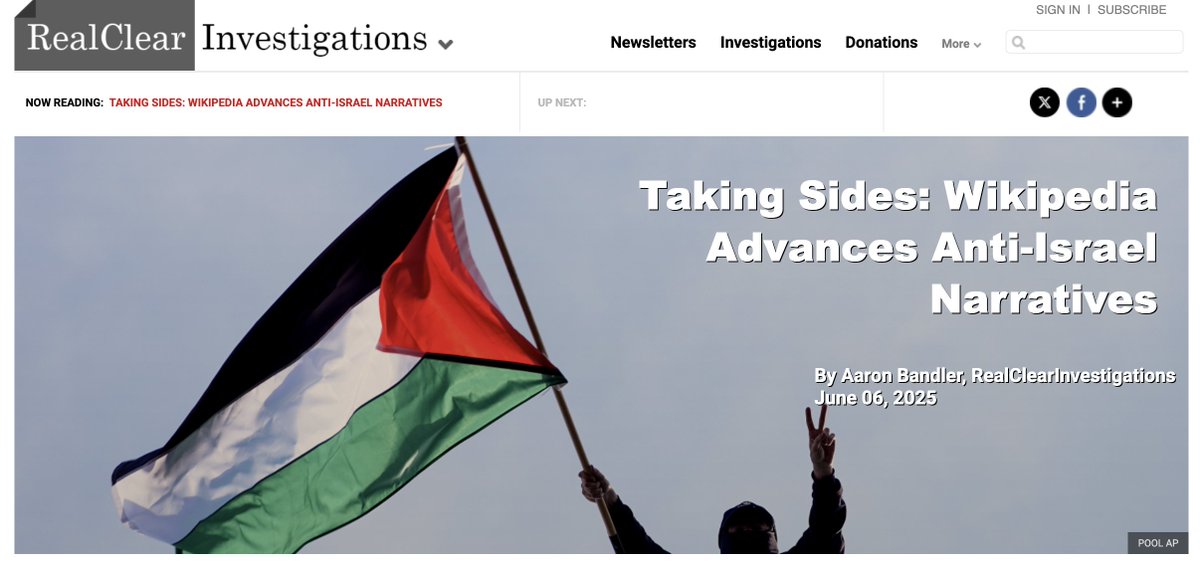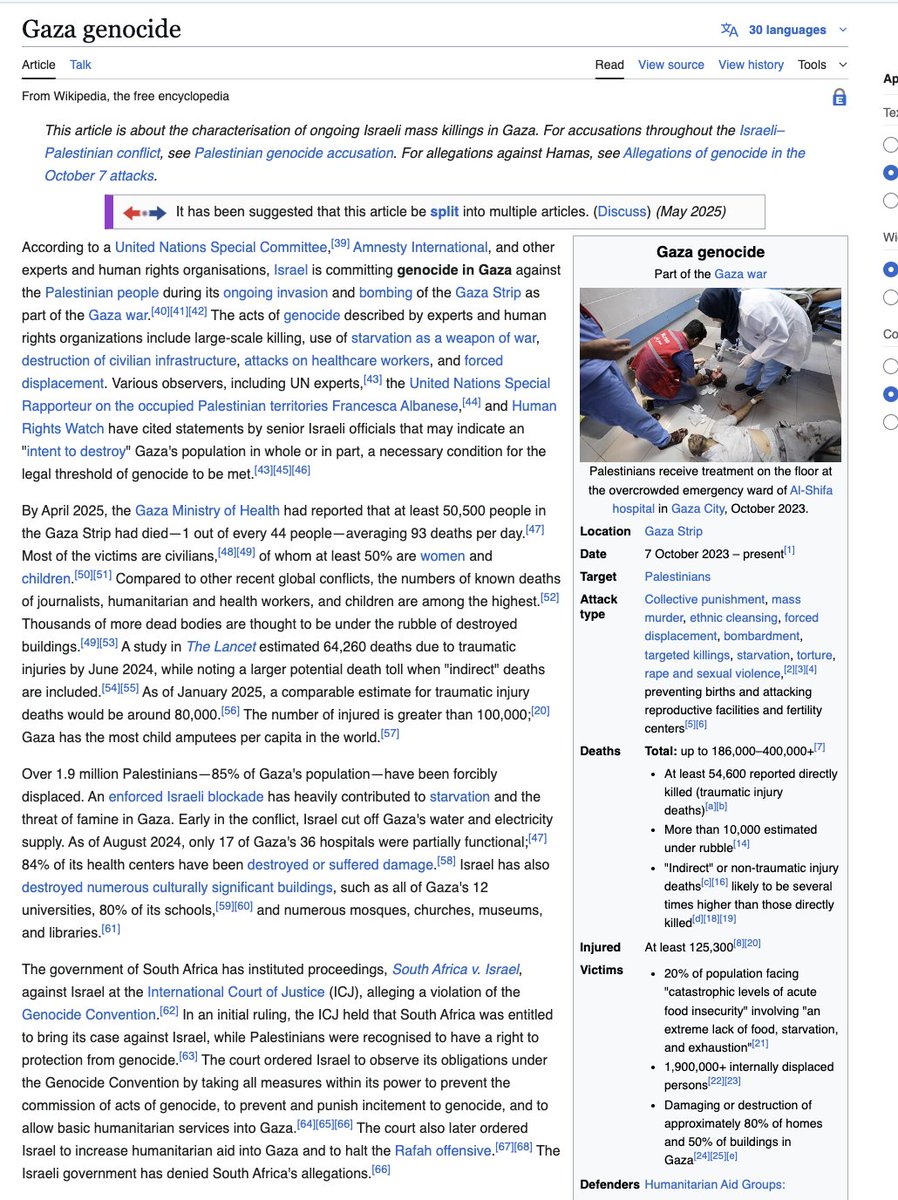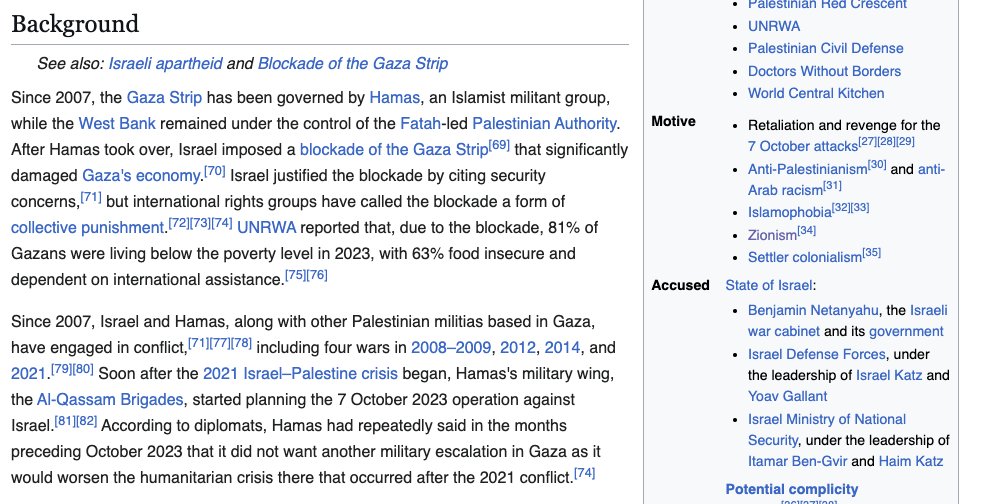My latest in @JNS_org: 🧵
After Yoav Segev was attacked on Harvard University’s campus in October 2023, shortly after the Oct. 7 attacks, the university further victimized him, according to a new lawsuit which the Jewish student filed in the U.S. District Court for the District of Massachusetts.
After Yoav Segev was attacked on Harvard University’s campus in October 2023, shortly after the Oct. 7 attacks, the university further victimized him, according to a new lawsuit which the Jewish student filed in the U.S. District Court for the District of Massachusetts.
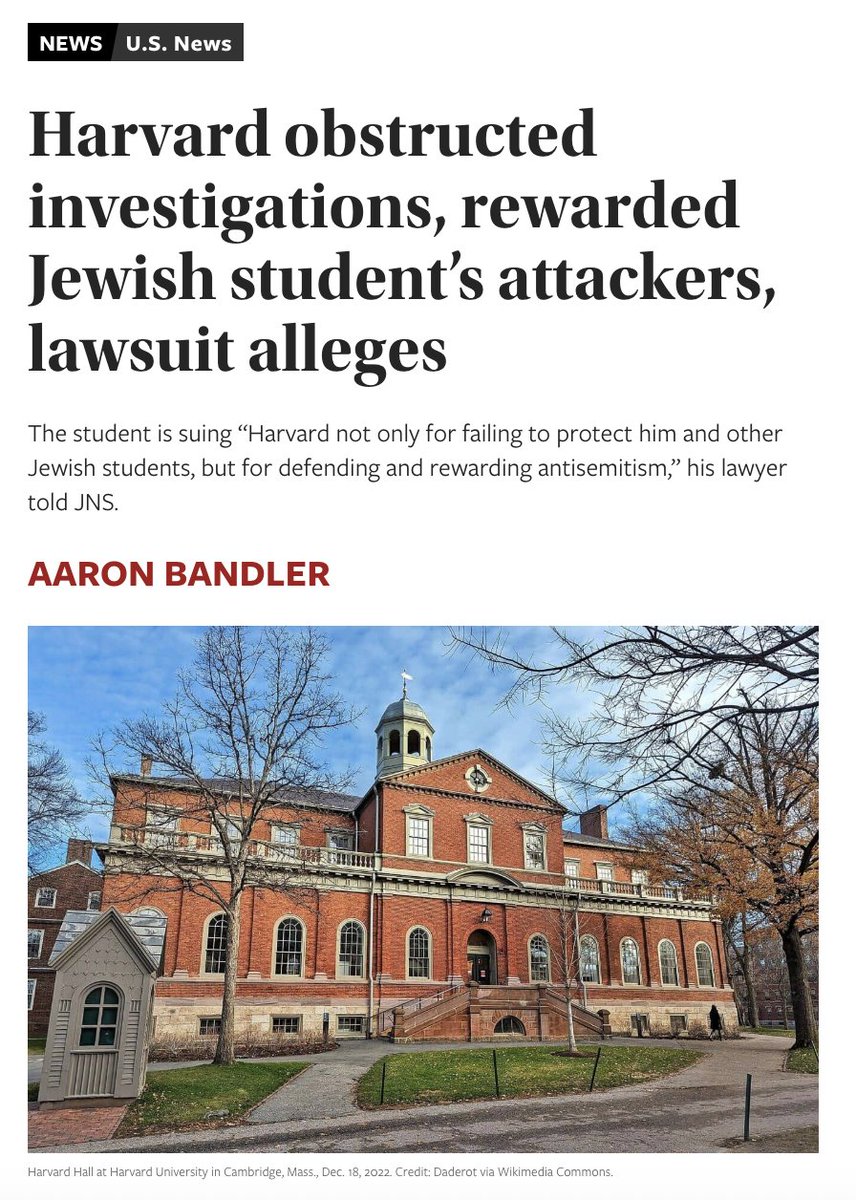
“Harvard did everything it could to defend, protect and reward the assailants; to impede the criminal investigation; and to prevent Mr. Segev from obtaining administrative relief from the university,” per the complaint, which National Review obtained.
“After Oct. 7, 2023, antisemitism exploded on Harvard’s campus,” Mark Pinkert, partner at Holtzman Vogel, who is representing Segev, told JNS. “Amidst the chaos and protests, Yoav Segev was violently assaulted by student-employees, simply because he is Jewish.”
Segev is “pursuing justice against Harvard not only for failing to protect him and other Jewish students but for defending and rewarding antisemitism,” the attorney told JNS. “This type of treatment would be unimaginable for other minorities at Harvard, except Jews.”
“After Oct. 7, 2023, antisemitism exploded on Harvard’s campus,” Mark Pinkert, partner at Holtzman Vogel, who is representing Segev, told JNS. “Amidst the chaos and protests, Yoav Segev was violently assaulted by student-employees, simply because he is Jewish.”
Segev is “pursuing justice against Harvard not only for failing to protect him and other Jewish students but for defending and rewarding antisemitism,” the attorney told JNS. “This type of treatment would be unimaginable for other minorities at Harvard, except Jews.”
The student was taking video on his phone on Harvard’s campus in 2023 during an anti-Israel “die in,” when protesters told him to leave. Segev said he had a right to be there and remained. Per the complaint, he was then surrounded by people wearing keffiyehs, who grabbed him “violently.”
The suit alleges that after Segev filed a complaint with the university, Harvard told him it couldn’t discipline the attackers, since Segev wanted to remain unnamed. Harvard conducted a “sham” investigation in January 2024 but declined to share the results with Segev, per the complaint.
The suit further alleges that Segev had sought to join lawsuits against Harvard anonymously but that Harvard publicized information that made it easy for people to identify him and the Harvard Crimson, a student paper, published an article naming him as part of a suit.
It also charges that Harvard rewarded two student employees who were involved in the October 2023 incident, with one receiving a paid Harvard Law Review fellowship and the other graduating from Harvard Divinity School as class marshal.
Harvard’s actions, and lack of response to antisemitism, continue to “severely impact” Segev’s “health, mental wellbeing and sense of security,” per the suit.
Jason Newton, director of media relations and communications at Harvard, told JNS that the school “remains committed to combating antisemitism and enforcing our anti-harassment and anti-discrimination rules and policies at all times.”
“Harvard has acted with deep concern for supporting our Jewish and Israeli students and will defend the university against these claims,” he said.
“Harvard has acted with deep concern for supporting our Jewish and Israeli students and will defend the university against these claims,” he said.
Link: jns.org/harvard-obstru…
• • •
Missing some Tweet in this thread? You can try to
force a refresh




